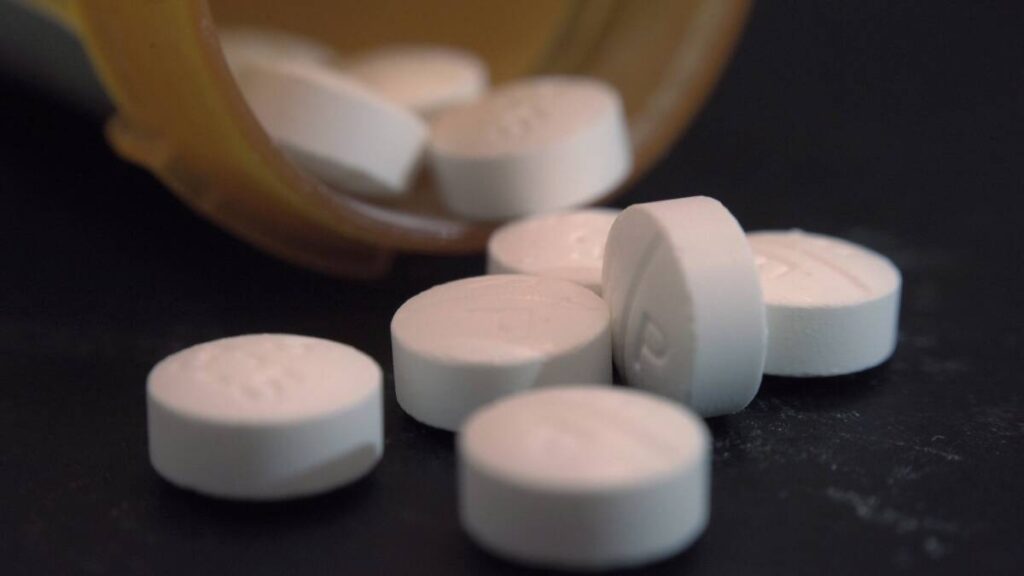
International Overdose Awareness Day was observed on August 31, 2024, a significant event aimed at raising awareness about the global overdose crisis. This day originated in Australia in 2001, initially serving as a local gathering for individuals impacted by drug-related issues. Over the years, it has evolved into the largest annual campaign worldwide focused on ending overdose.
According to the Australian Institute of Health and Welfare, drug-related hospitalisations in Australia are on the rise. The recently released Annual Overdose Report 2024 indicates that the Nepean Blue Mountains region faces a particularly alarming reality, with overdose death rates surpassing the national average.
Community Support Services Established
In response to this growing crisis, Wentworth Healthcare, which manages the Nepean Blue Mountains Primary Health Network, has introduced essential community-based alcohol and drug support services. These initiatives, funded by the Federal Government, include facilities such as Dianella Cottage in Katoomba and Lithgow, The Street University in Katoomba and Penrith, and WHOS in Hawkesbury and Penrith.
Lizz Reay, CEO of Wentworth Healthcare, expressed pride in expanding these services to the region. She emphasized the importance of understanding community needs: “Essential to what we do as a primary health network, and as a regional health planning and funding body, is knowing our communities, understanding the local health needs and identifying what services we can bring to the region to address those needs.”
Breaking down the stigma surrounding alcohol and drug-related issues is crucial in preventing overdose, according to Reay. She highlighted the need to encourage individuals to seek support early, reinforcing that community awareness plays a vital role in addressing the overdose crisis.
As communities worldwide come together to recognize International Overdose Awareness Day, the focus remains on fostering understanding and support for those affected by substance use. The increase in drug-related hospitalisations serves as a sobering reminder of the ongoing challenges faced by individuals and communities alike.






